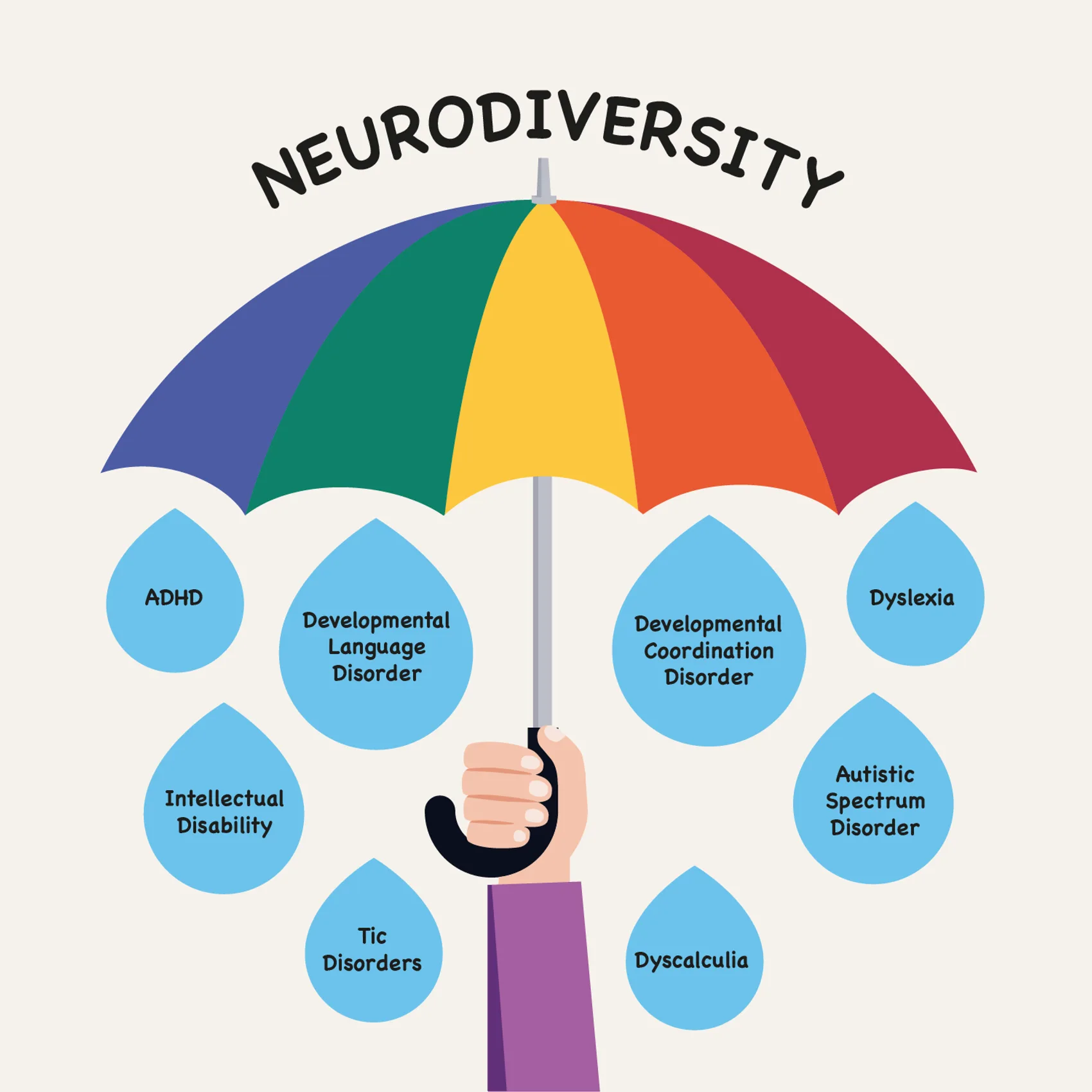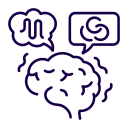Autism Assessment for adults
We provide privately funded autism assessments for adults. A formal diagnosis of autism can only be made where there is clear evidence of persistent and pervasive difficulties in the areas listed above. These symptoms must have been present from early childhood (typically before the age of three) and must continue to be apparent across different settings.

What Is Autism?
Autism Spectrum Disorder (ASD) is a lifelong neurodevelopmental condition that affects how a person communicates, processes information, understands the world, and relates to others (National Autistic Society).
ASD is a spectrum condition, meaning it affects individuals in different ways—some may face more significant challenges than others. Autism is not an illness, but a different way of experiencing the world.
People with autism experience differences in three main areas:
Sensory sensitivities are also very common.

Social communication

Social
interaction

Repetitive and stereotyped behaviours
ADHD Information
Why Get Assessed?
A diagnosis of autism can help you better understand the challenges you face and how ASD may affect your daily life. Many people who have struggled without understanding why are now discovering that ASD may be the underlying cause.
If you’re unsure whether to pursue a full assessment, you can contact us for a screening appointment. You may also wish to consider a combined assessment for both autism and ADHD.
What to Expect from Our Assessment
Our assessments are comprehensive and carried out by experienced consultant psychologists using gold-standard diagnostic tools. The process typically includes:
- A detailed developmental history (covering early milestones, school and work experiences, and medical history)
- Clinical interviews
- Standardised rating scales
- Behavioural observations
Diagnostic Tools We Use
To diagnose ASD, we use the Autism Diagnostic Observation Schedule (ADOS-2), a semi-structured, standardised assessment of communication, social interaction, imagination, and restricted/repetitive behaviours. The ADOS-2 is often referred to as the “gold standard” in autism diagnosis.
Its main objectives are to:
- Observe spontaneous social and communicative behaviour in contexts that encourage interaction
- Assess the ability to respond appropriately to specific demands (e.g. telling a story, completing a task)
- Provide a consistent setting for collecting language samples
We may also request to speak with a family member or someone who has known you since childhood and administer the Autism Diagnostic Interview – Revised (ADI-R).
The ADI-R is an in-depth interview designed to gather a full range of information relevant to the diagnosis of autism. It focuses on the three core areas identified in diagnostic criteria (ICD-10 and DSM-IV):
- Language and communication
- Reciprocal social interaction
- Restricted, repetitive, and stereotyped behaviours and interests
These behaviours are typically rare in individuals who are not autistic. The ADI-R focuses on behaviours around the ages of 4–5, when developmental differences often become most apparent. It is usually completed with a parent or early caregiver who can act as an informant.
Where Can I Get an autism Assessment?
We offer in-person autism assessments at:
Kensington Therapy Rooms
2 Kenway Road, London, SW5 0RR
(Opposite Earl’s Court Station)
We also offer online assessments for your convenience.
Insurance Coverage
We are registered with the following insurance providers:
- BUPA UK
- BUPA Global
- Aviva
- Cigna
- WPA
- Vitality Health
We recommend checking directly with your provider to confirm whether your policy covers private psychological assessments.
Booking Your Private Autism
Assessment
If you’ve scored highly on an autism screening questionnaire, it may indicate that a full assessment with a specialist is a helpful next step. However, only a comprehensive assessment can provide an accurate
Book a free consultation with one of our autism experts.
Contact us by phone or email to speak with a member of our team.
We’ll guide you through the next steps of the process.
